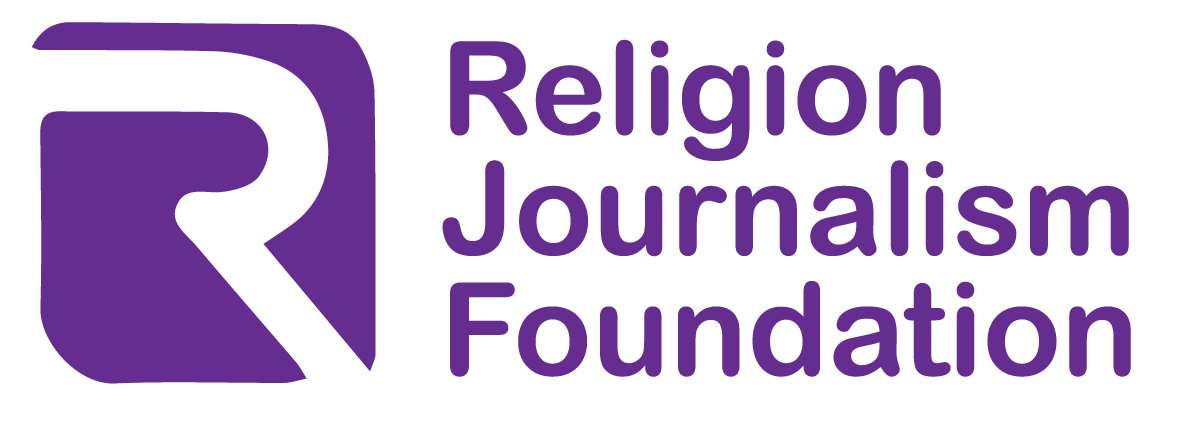Understanding the Impact of Religion on News Stories
Religion plays a significant role in shaping news narratives, particularly in a diverse and dynamic society. Journalists often encounter complex intersections between faith and the events they cover, which can introduce challenges in reporting. Religious beliefs and values influence the context and interpretation of various stories, compelling reporters to approach subjects with a heightened sensitivity to the myriad perspectives that intersect with spirituality. Consequently, understanding the impact of religion on news stories is critical for ensuring balanced and accurate journalism.
One of the main challenges journalists face when covering religious stories is the potential for bias. Different belief systems can color coverage, leading to portrayals that may resonate with certain audiences while alienating others. To mitigate this risk, it is vital for journalists to remain aware of their own beliefs and the potential influence these may exert on their reporting. Furthermore, an awareness of the diverse religious landscape is essential for appreciating the diversity of religious beliefs and practices, which can materially affect the narratives surrounding events.
Another critical aspect of reporting on religious topics involves ethical considerations. Journalists must navigate delicate issues, ensuring that they report factually while remaining respectful of various faith traditions. This becomes particularly pressing when covering sensitive events, such as religious conflicts or disasters with spiritual implications. By adhering to journalistic ethics and implementing thoughtful reporting practices, journalists can honor the complexities and nuances that religion introduces into news storytelling.
Case studies illustrate the challenges journalists face when reporting on religious leaders and communities. Stories about religious figures, for instance, require careful contextualization to avoid oversimplification or misrepresentation. When journalists prioritize integrity and sensitivity in their coverage, they foster informed public understanding and contribute positively to the ongoing dialogue about faith in contemporary society.
Best Practices for Ethical Reporting on Faith-Based Issues
Engaging in ethical reporting on faith-based issues requires journalists to embrace practices that honor the complexities of religious beliefs while ensuring accurate and fair coverage. A foundational strategy is conducting thorough research to understand the context surrounding religious topics. This involves familiarizing oneself with the beliefs, values, and customs of the faith community being reported on. Journalists should approach topics with an open mind, recognizing that faith is often deeply personal and multifaceted, which necessitates an informed perspective throughout the reporting process.
Respectful language stands as another crucial pillar in ethical reporting. The terminology used in articles can significantly impact the perception of religious communities. Reporters are encouraged to avoid pejorative terms and instead employ language that reflects a nuanced understanding of the faith being discussed. This not only aids in avoiding stereotypes but also fosters trust and respect between journalists and faith practitioners.
Collaborative approaches can further enhance the quality of news coverage regarding religious matters. Engaging with representatives from faith communities during the reporting process can provide valuable insights and ensure that their voices are represented accurately. This can include interviewing religious leaders or consulting scholars who specialize in the respective faith, thereby enriching the narrative with informed viewpoints.
Moreover, fostering constructive dialogue between the media and religious communities is vital. Experienced journalists suggest creating platforms where both parties can engage in discussions about their experiences and expectations regarding coverage. This reciprocal relationship can lead to mutual understanding and better-informed reporting.
Ultimately, adhering to these best practices not only improves the quality of reporting on faith-based issues but also contributes to a more informed public discourse surrounding religion and its representation in the media.

